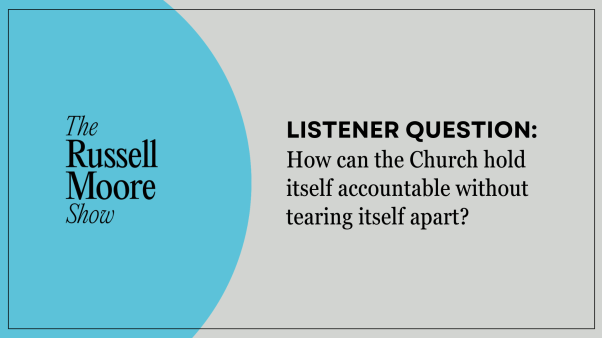A leadership coach I know once had a conversation with a client who was lamenting a history of bad ministry situations. According to the client, each church in his ministry journey had some type of problem and things just never seemed to work out. After listening for some time, my friend finally pointed out that the client was the constant in all of these situations, and perhaps he was more responsible for all of his bad experiences than he wanted to admit.
In a recent column, I suggested that many leaders may have a “shelf life” to their ministry effectiveness. It could be because of a specific stage in their church’s lifespan or a unique set of personal gifts, but many leaders appear best suited for a particular type and length of ministry. Few leaders possess the ability to lead an organization through many sizes and stages of growth. A wise leader will look at passion, giftedness, and past experience to learn where and when he will find the best chances of success.
That said, I’ve found that some immature leaders use shelf life as an excuse. Instead of dealing with their own shortcomings, they prefer to couch their peripatetic ministry history using euphemistic explanations such as “I was done there, so I moved on,” or “It just wasn’t a good fit.”
Other leaders choose to blame others for their ineffectiveness. I once worked with a pastor who complained, “We don’t have a leadership problem, we have a followership problem.” But as any school child knows, any time you point your finger at someone else, you still have three fingers pointing back at yourself. A followership problem is a leadership problem.
There are many reasons why a leader may not be effective. Sometimes it truly may be a question of the leader’s gift mix or shelf life. But other times, people may not be following because the leader isn’t leading well. Or the leader is lazy. Or the leader has stopped growing, either in personal character or ministry skills.
In his book Courageous Leadership, Bill Hybels refers to the three criteria Willow Creek Community Church use in hiring new staff: character, competence, and chemistry. In my experience, one of the most critical but overlooked elements of character is teachability.
Recently I was talking with a marriage therapist who said she believes the most important quality to look for in a potential mate is a steadfast commitment to keep learning and growing throughout the relationship. I believe the same should be true of ministry leaders.
My church is in the process of looking for a new associate minister. In addition to looking at ministry competence, one of the questions we continue to ask about potential candidates is whether or not they have it—that innate passion to keep learning and growing. It is much easier to fill in gaps in education than gaps in character. Teachability can’t be taught.
Teachability is not determined by age, but increased age means an increased chances that bad habits and character traits are more permanently ingrained.
Neither is teachability directly related to giftedness. Again, there may be an inverse relationship: the more talented the leader, the more difficult it will be for her to be teachable because she may have been able to coast on giftedness. Give me a humble, teachable leader any day over the most talented pastor on the planet.
Teachability requires repeated long, hard looks in the mirror. It means constantly evaluating your effectiveness and developing new skills to meet the challenges in your current situation. It requires asking, “Am I the bottleneck here?” and having the courage to make changes if the answer comes back “Yes.” It involves looking at your previous track record and recognizing that a history of repeated failures or bad experiences may reflect solely on yourself.
And it requires a commitment to grow in the context of community by letting others speak into your life. The teachable leader creates a culture where others can see the specks in their eyes because their leader is willing to pull the beam out of his own eye first. It is only when we are willing to learn from our mistakes that we will reduce the likelihood of repeating them.
Angie Ward is a church leader, ministry coach, forward thinker, shelf-life detector, and ministry spouse living and serving in Durham, North Carolina. Angie Ward will be a featured speaker at the Synergy Leadership Summit for Women at Elmbrook Church in Brookfield, Wisconsin, October 4-5, 2007.
To respond to this newsletter, write to Newsletter@LeadershipJournal.net.
Copyright © 2007 by the author or Christianity Today/Leadership Journal.Click here for reprint information on Leadership Journal.








